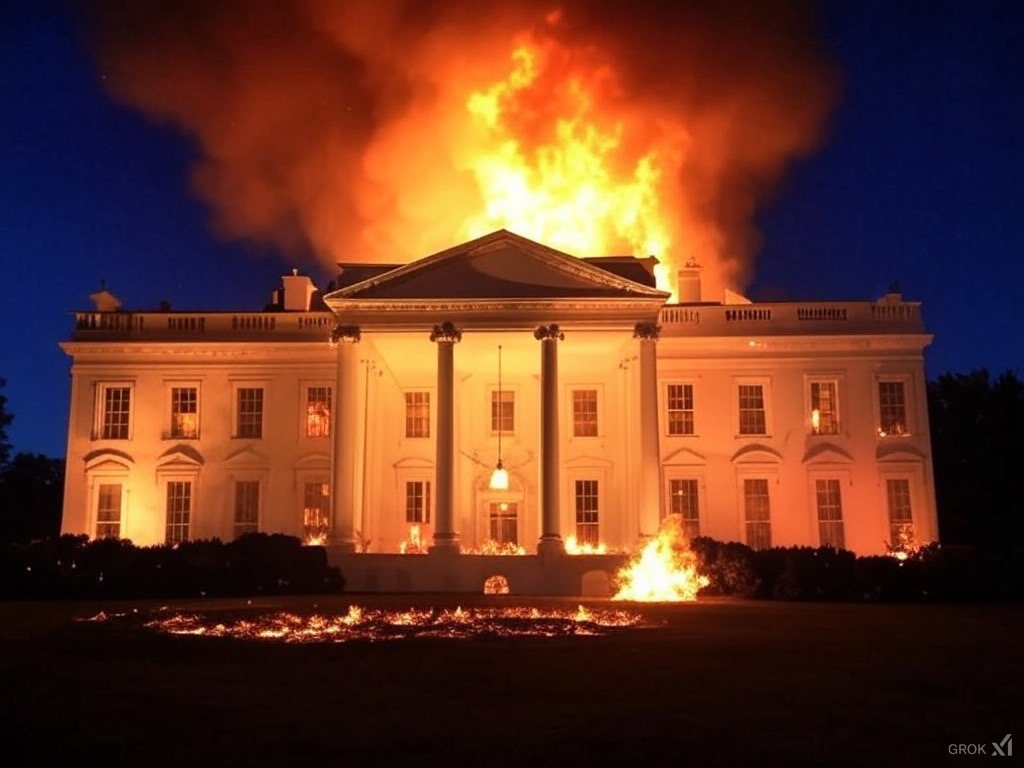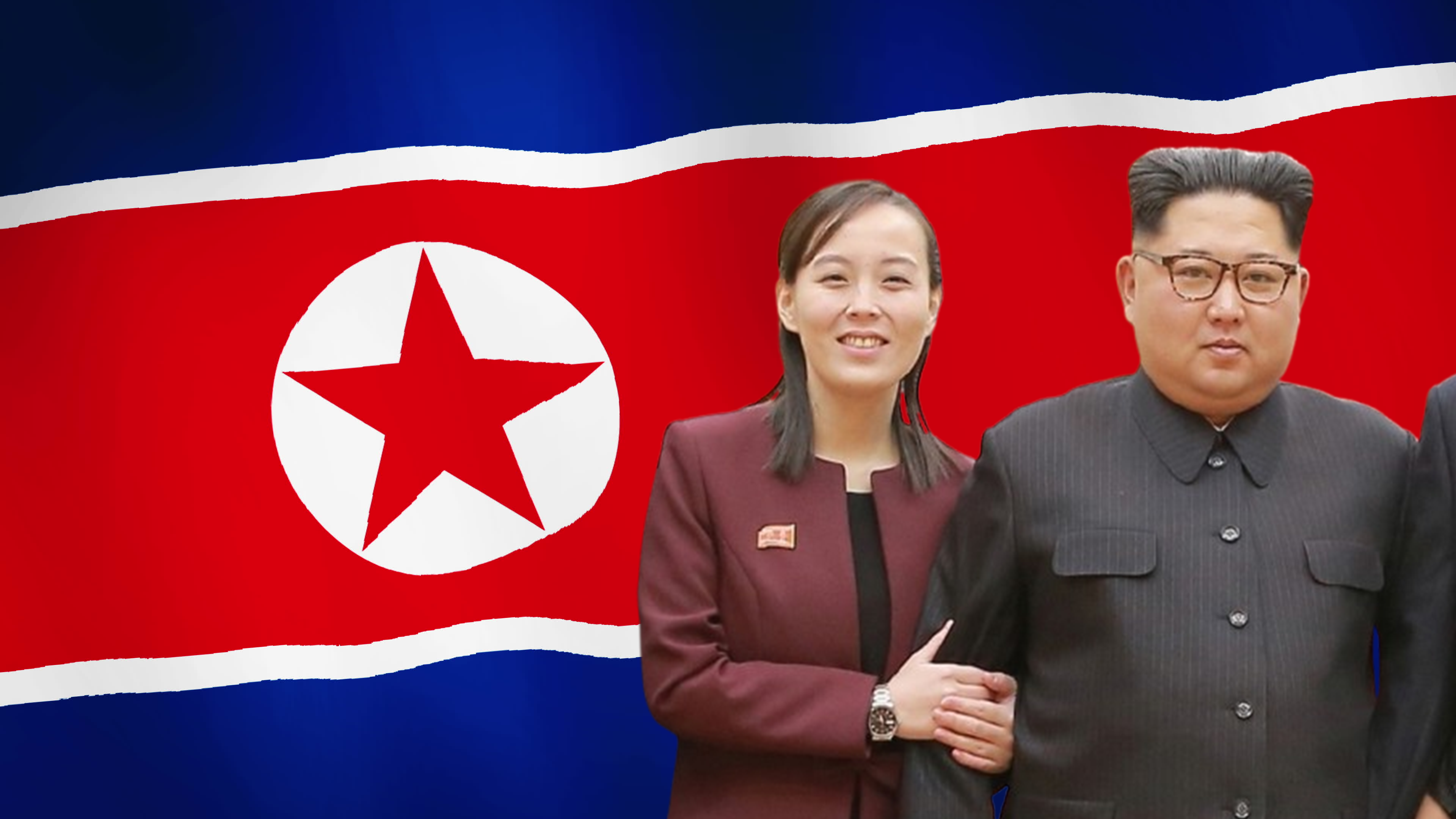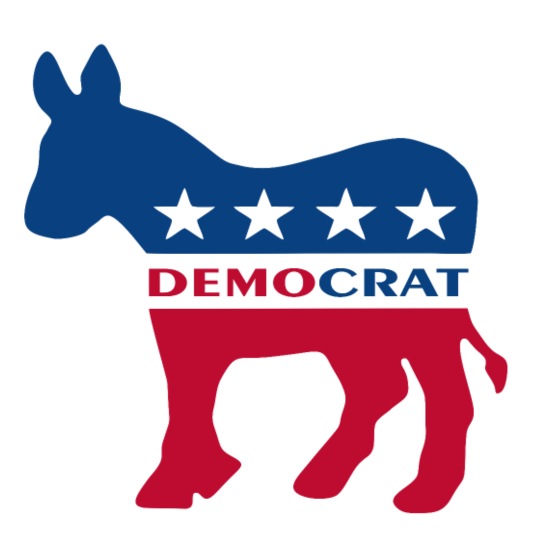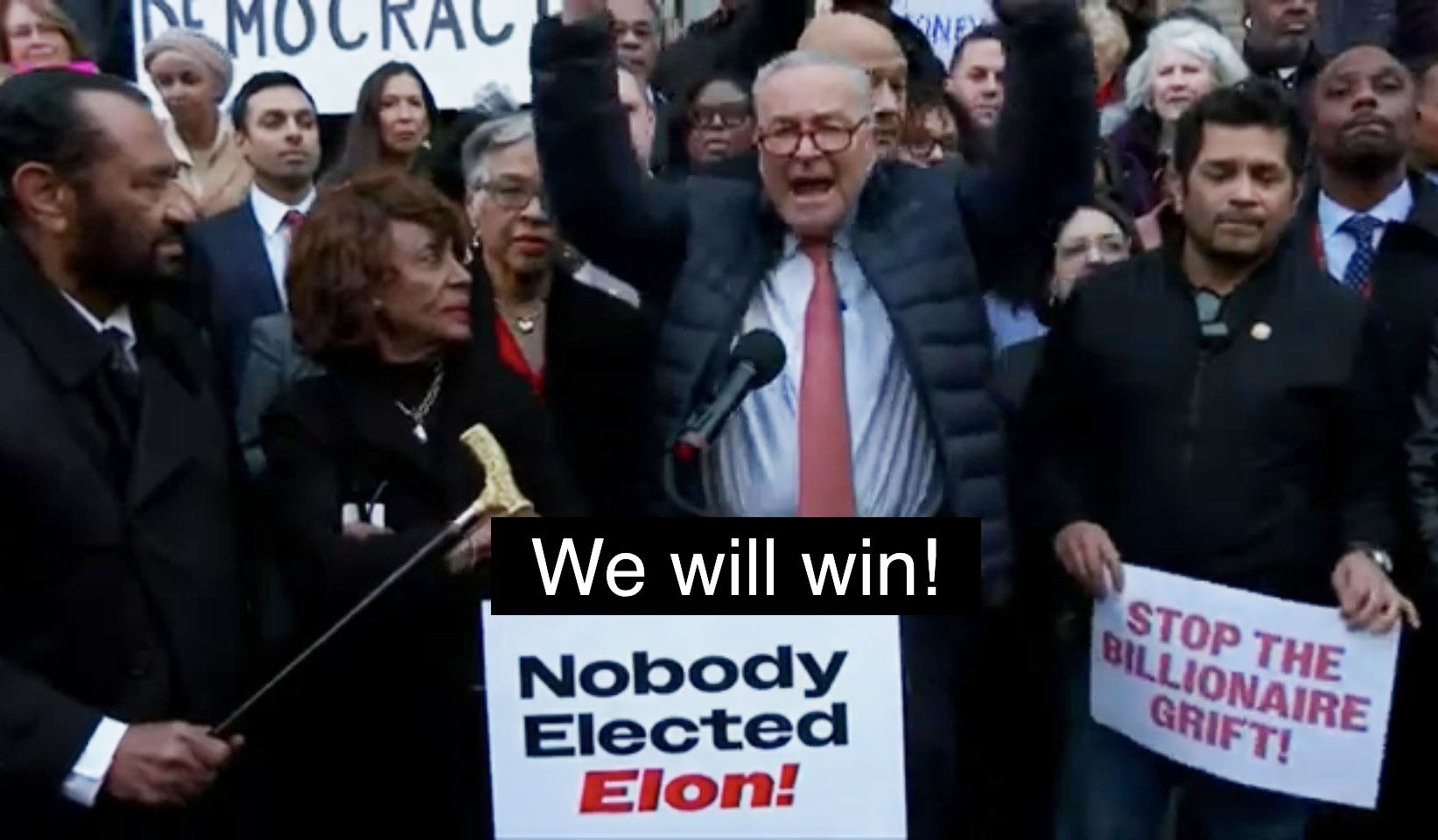The role of reporters is still to remain credible in 2017
By: Katie Hayes
Editor-in-Chief
President Donald J. Trump, a man who has made multiple factually inaccurate and unverified claims, criticized Buzzfeed News for publishing a 35-page dossier which details allegations that Trump has deep ties to Russia.
The dossier contains errors and unverified allegations, but had circulated at the highest levels of the US government before it was published on Tuesday, Jan. 10. CNN reported the existence of the dossier earlier that day and stated its significance, but did not publish the report in its entirety.
During Trump’s first press conference since July, he called CNN’s chief White House correspondent, Jim Acosta, “fake news” and refused to let Acosta ask a question.
In that moment, Trump lumped CNN and Buzzfeed into the same category.
This was confusing to Americans because the two outlets handled the dossier in wildly different ways.
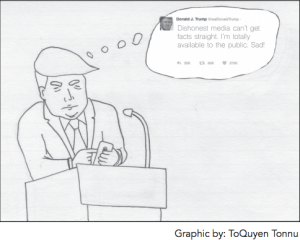 Buzzfeed’s editor in chief, Ben Smith, sent a memo to his staff after he published the dossier that said Buzzfeed wants to be transparent in its journalism.
Buzzfeed’s editor in chief, Ben Smith, sent a memo to his staff after he published the dossier that said Buzzfeed wants to be transparent in its journalism.
“Publishing this document was not an easy or simple call, and people of good will may disagree with our choice,” Smith wrote. “But publishing this dossier reflects how we see the job of reporters in 2017.” The move from Buzzfeed caused a debate among journalists, who are already unsure of their role in a quickly-changing industry.
Some said the transparency was what Americans want and proves that the media isn’t hiding anything.
Others said the role of reporters should continue to be reporting on verified facts from credible sources.
In a time when journalists are fighting not to be labeled “dishonest” though, Buzzfeed further blurred the lines of ethical journalism.
Ideally, journalists serve the American public by clarifying information and letting the public form an opinion based on verified facts instead of information that may or may not be true.
At times, Trump seems almost untouchable.
No matter how many inaccurate or unverified claims he makes, he doesn’t seem to lose credibility among his followers.
Instead, he instilled a deep distrust of “the media” during his campaign.
When people accuse the media of being unreliable, they don’t tend to specify exactly who the media is.
Is it one of the news organizations Trump blacklisted during his campaign because he thought their reporting was unfair? For the record, unfair and unflattering are not synonymous.
When Trump labels journalists and media outlets that oppose him as “dishonest media” and “fake news,” it causes the public to cease to believe in those whose main aim is to maintain a democracy and hold our leaders accountable.
Trump’s anger at Buzzfeed was justified; his anger at CNN was not.
Although our president is now a man who perpetually spreads fake news, the role of journalists is still to try to create a transparent democracy.
Reporters can only do this if they remain credible.
For the next four years, journalists will have to fight the stereotype Trump created of a dishonest media.
Buzzfeed lost credibility not only for themselves, but news organizations everywhere when they knowingly published a factually inaccurate and unverified dossier.
The role of journalists in our democracy is undoubtedly changing, but it is still to provide clarity — not perpetuate information that may not even be true.








